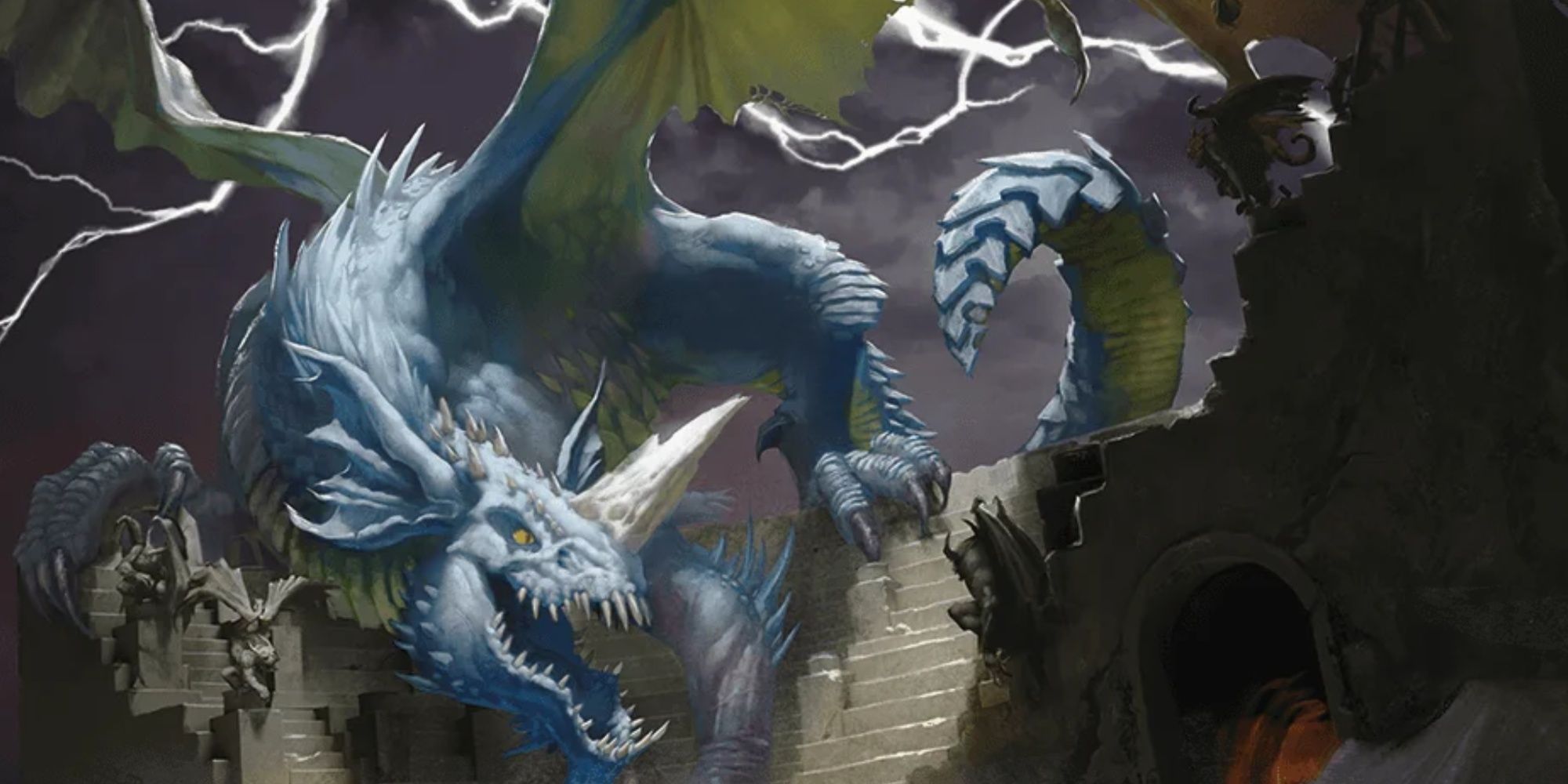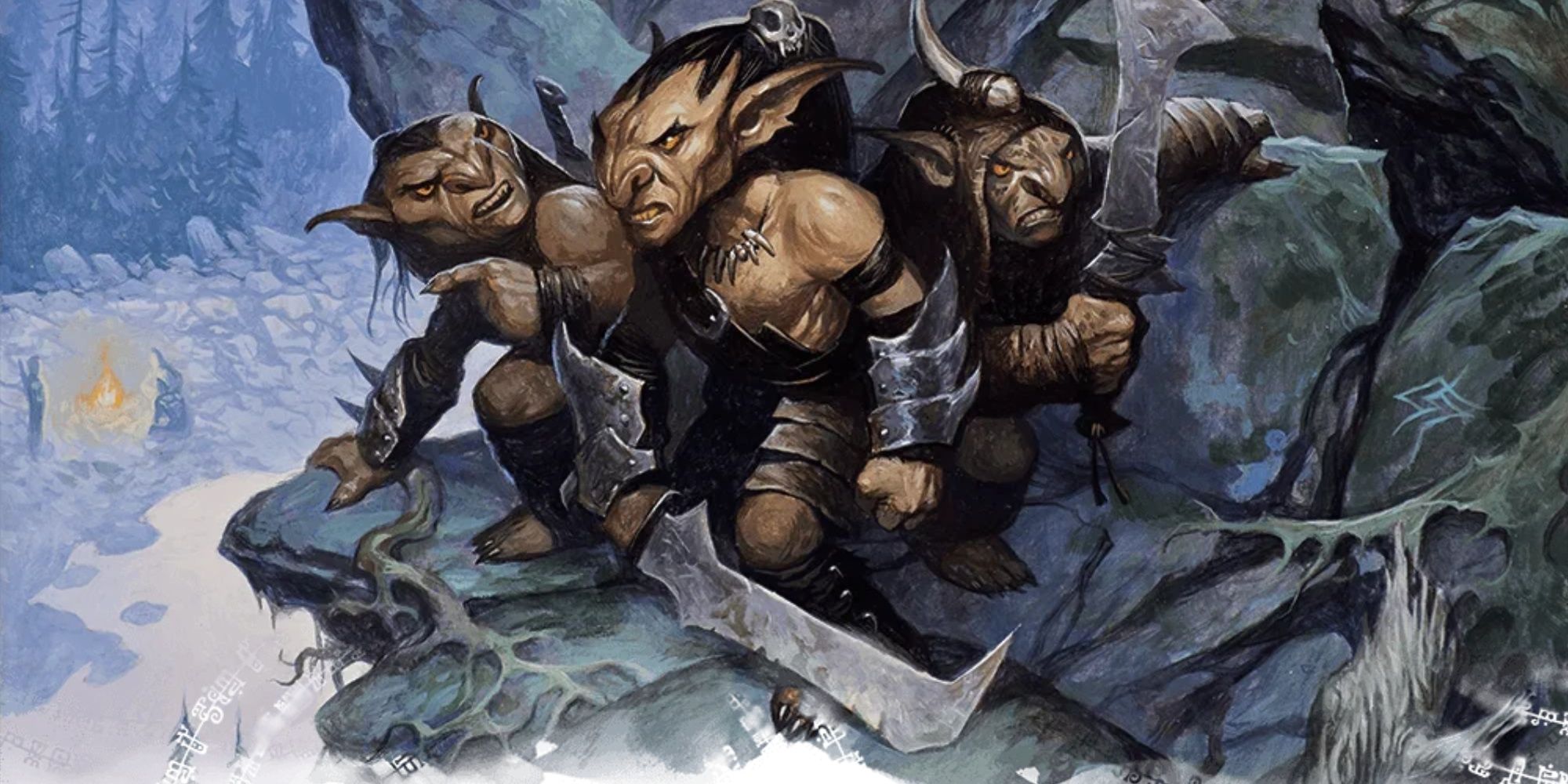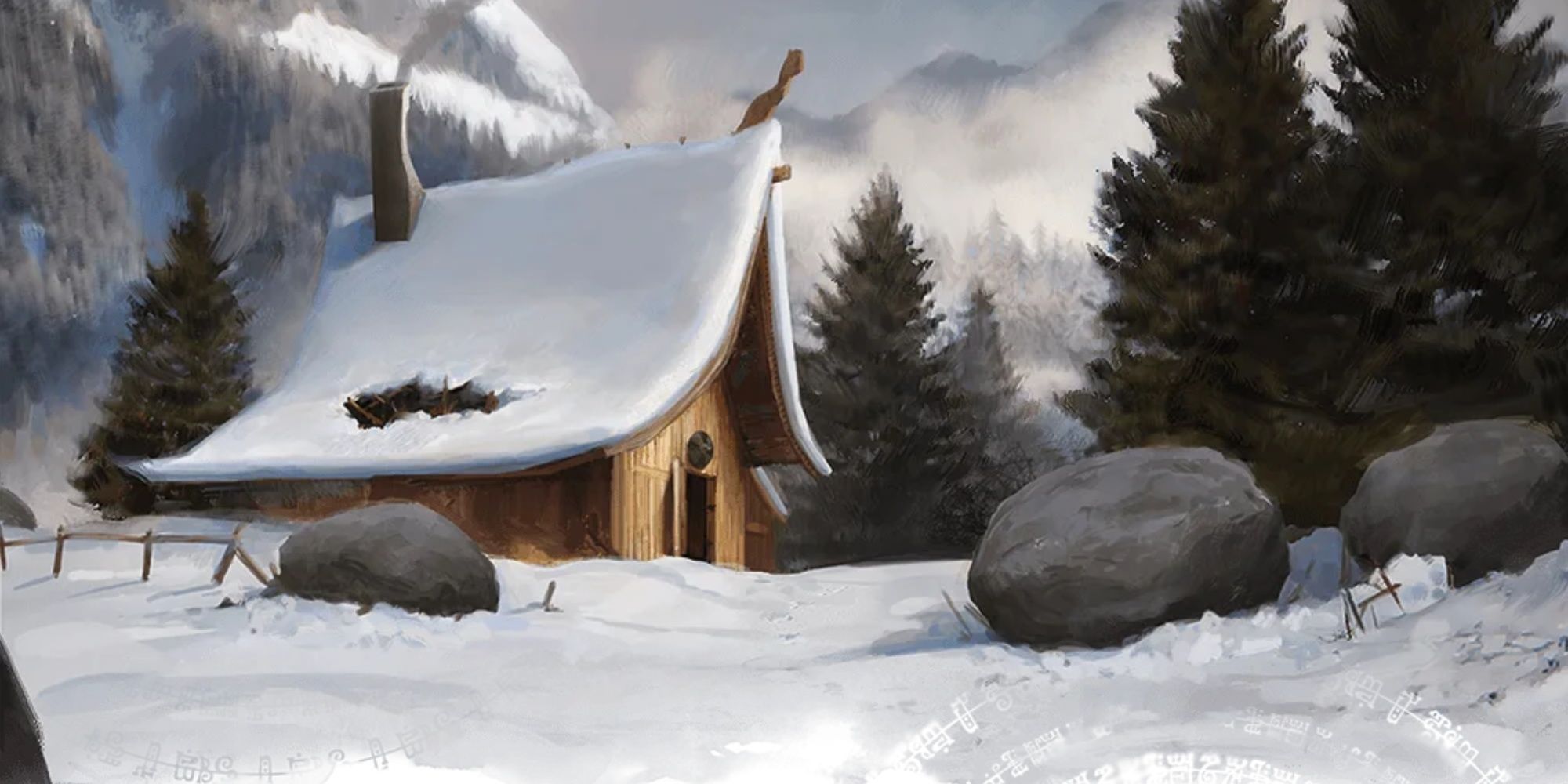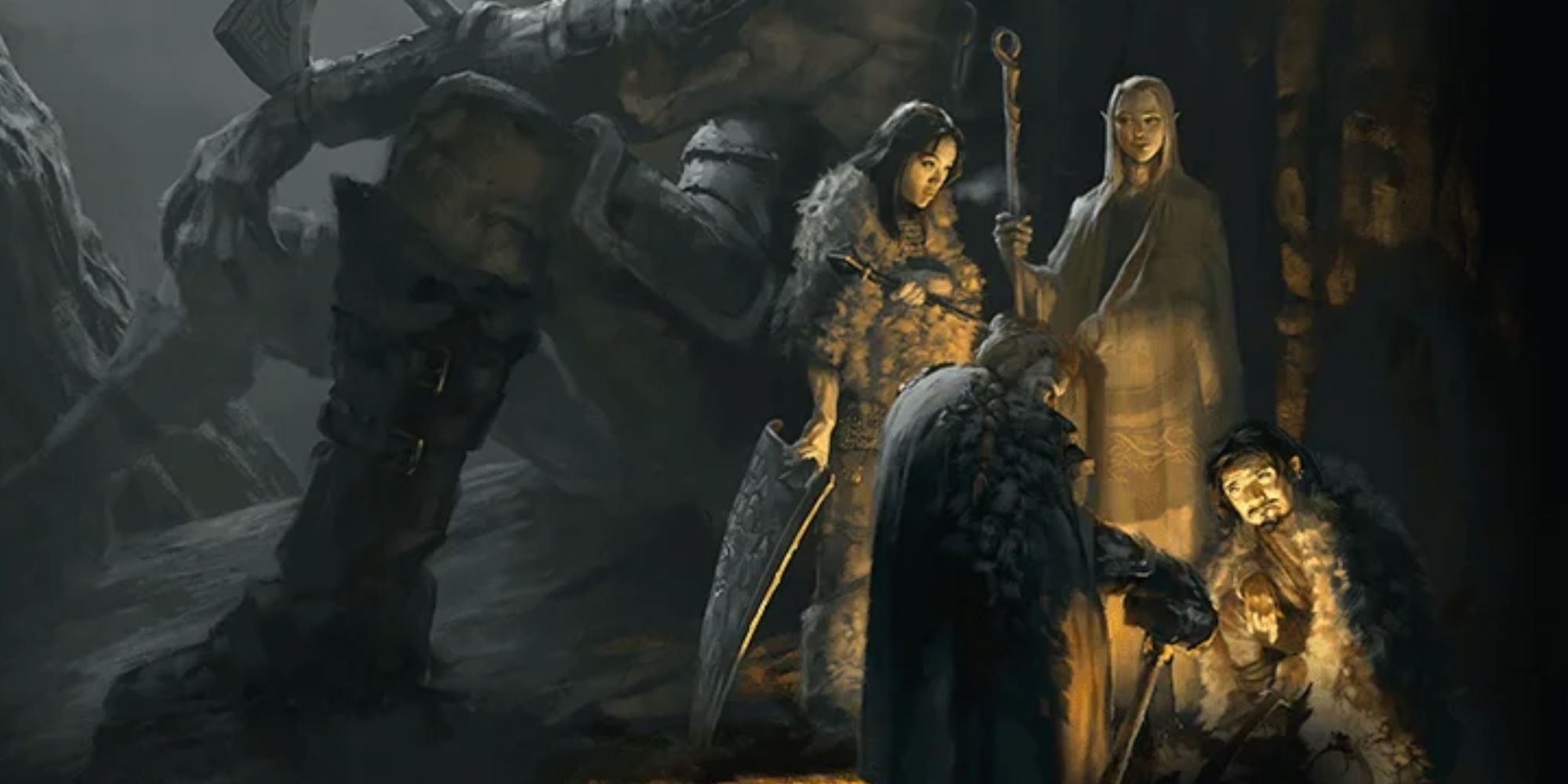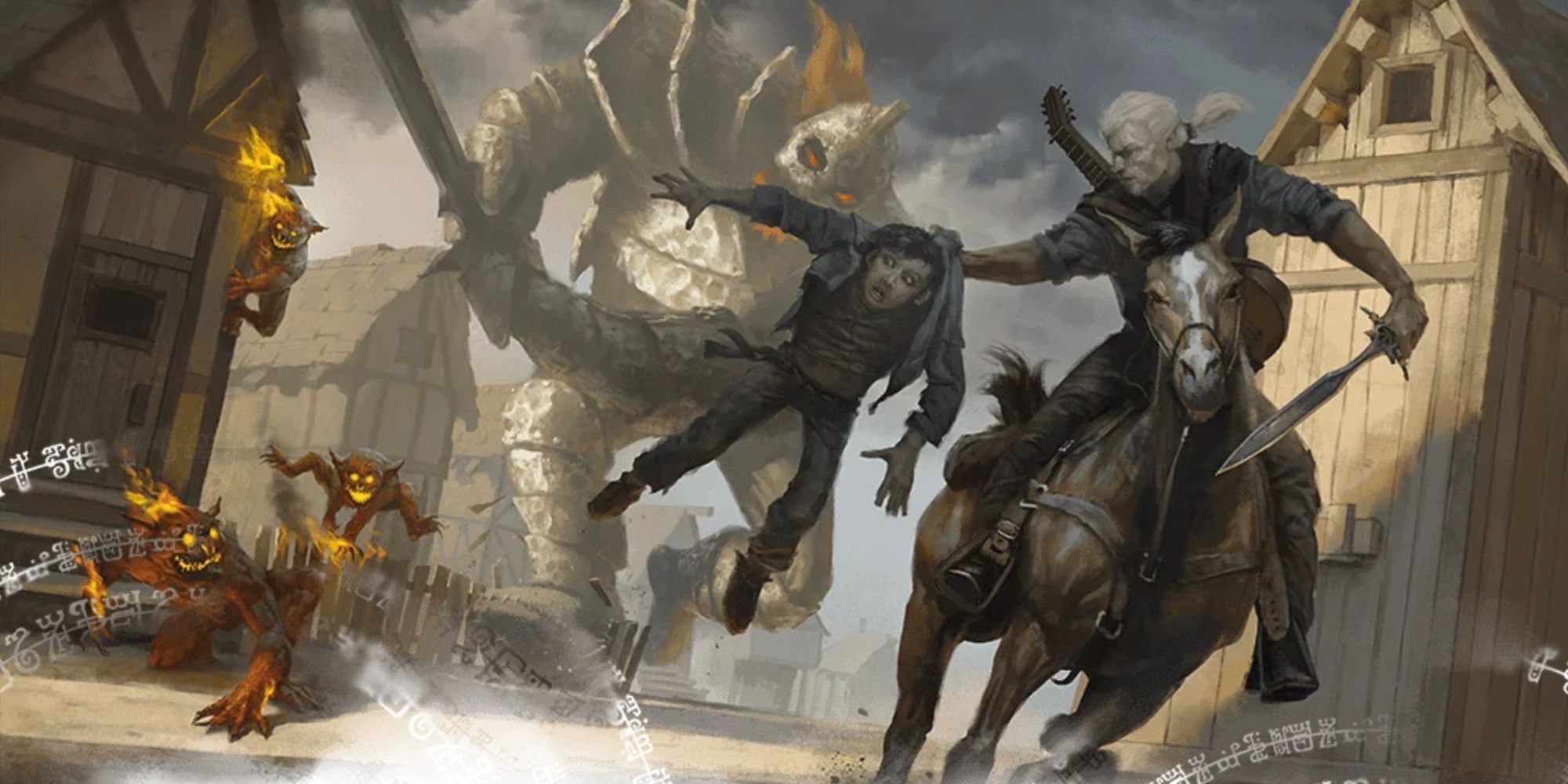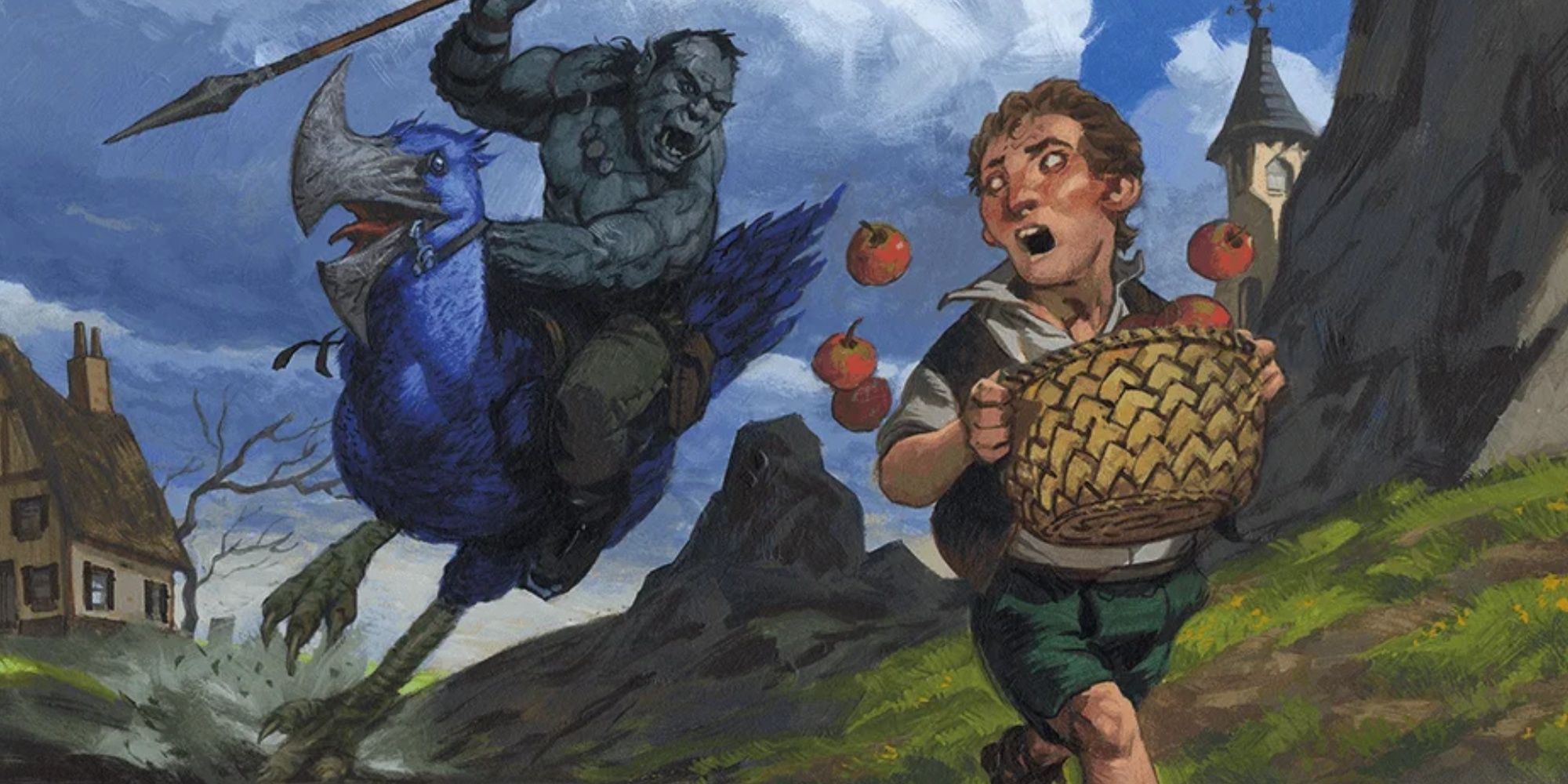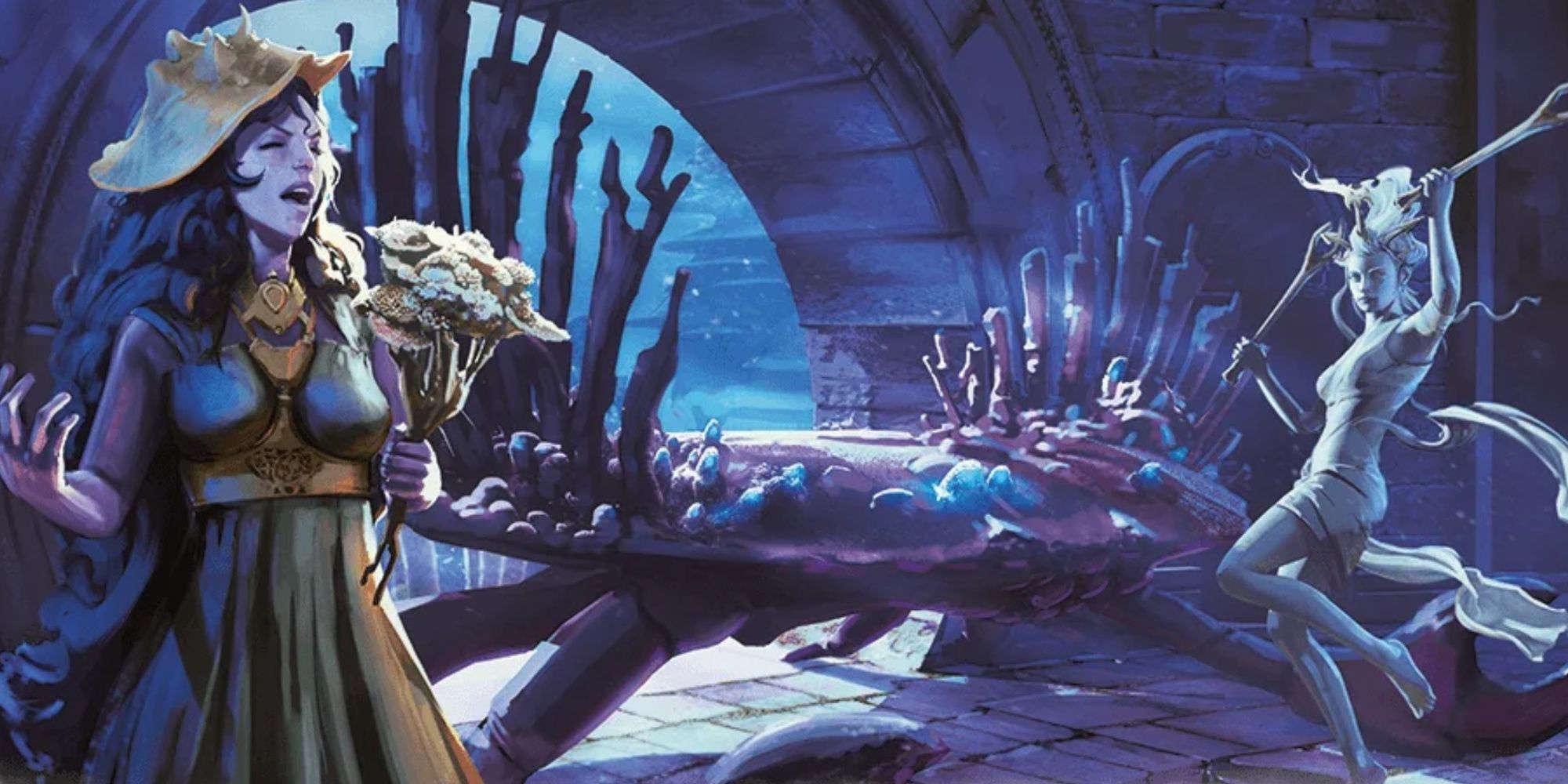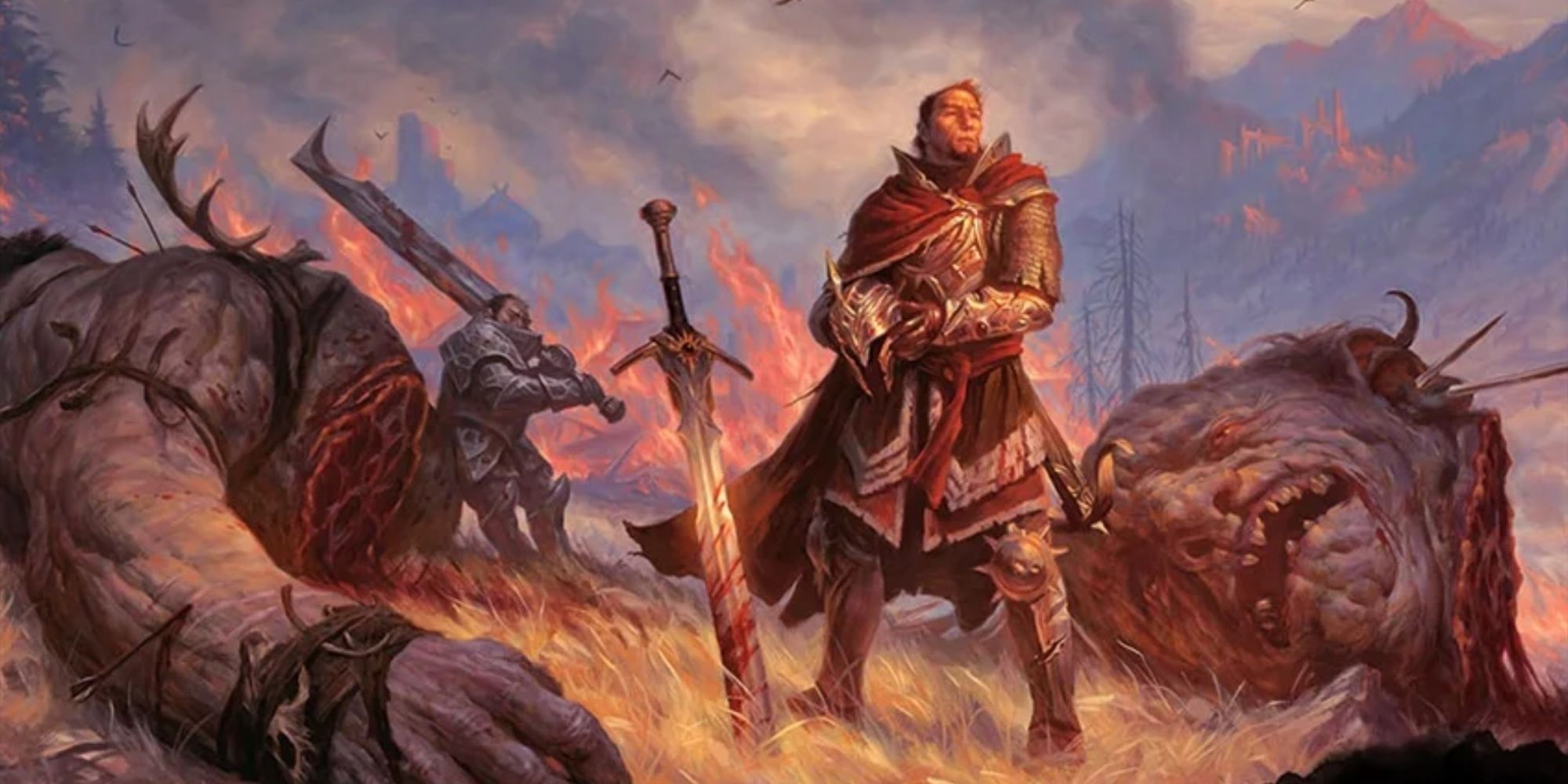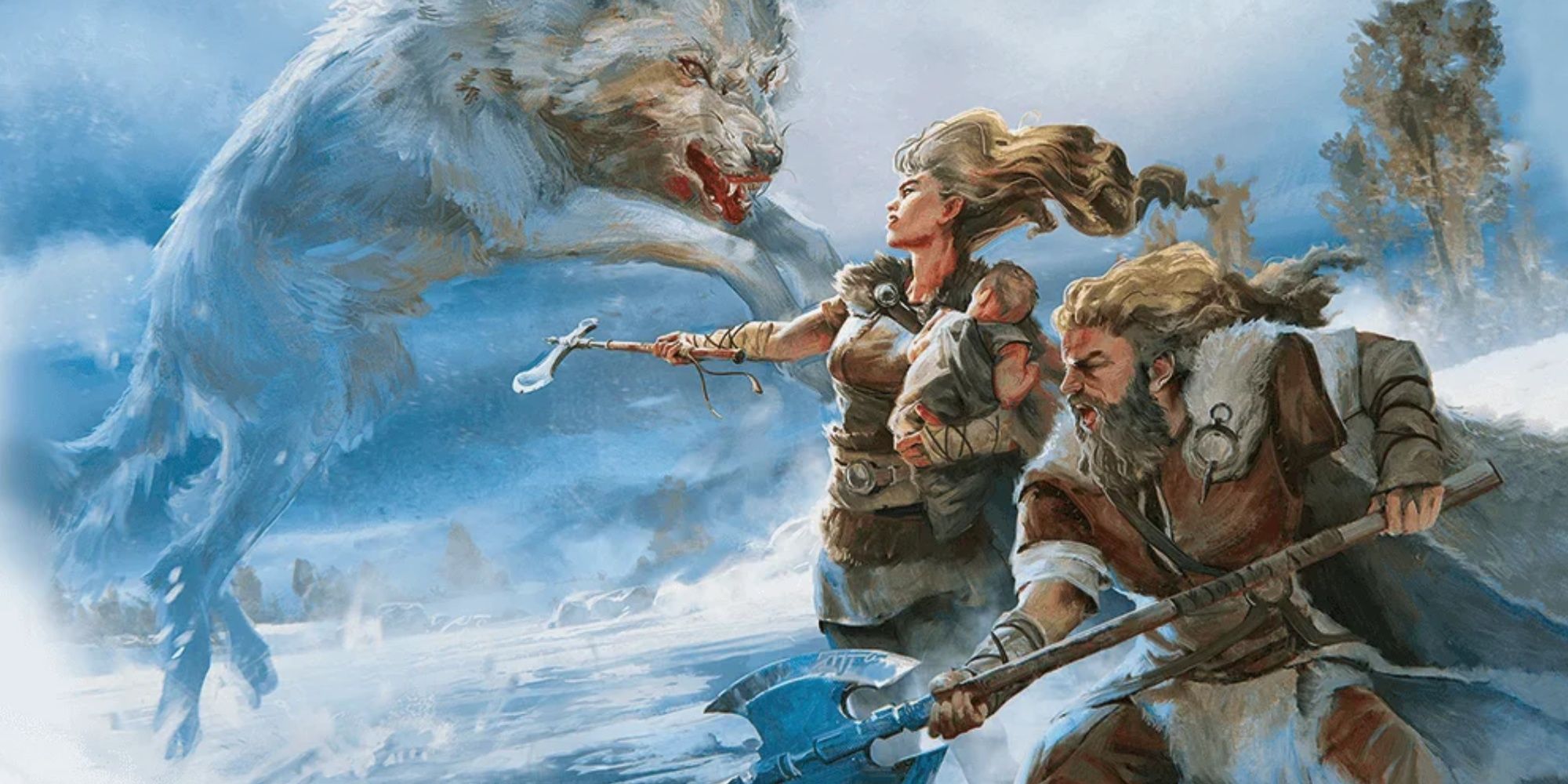Preparing a game as a DM can feel quite intimidating at times, even for seasoned veterans. Every DM has their own style and method for both planning and running games, and even that changes over time as they learn and grow in the craft.
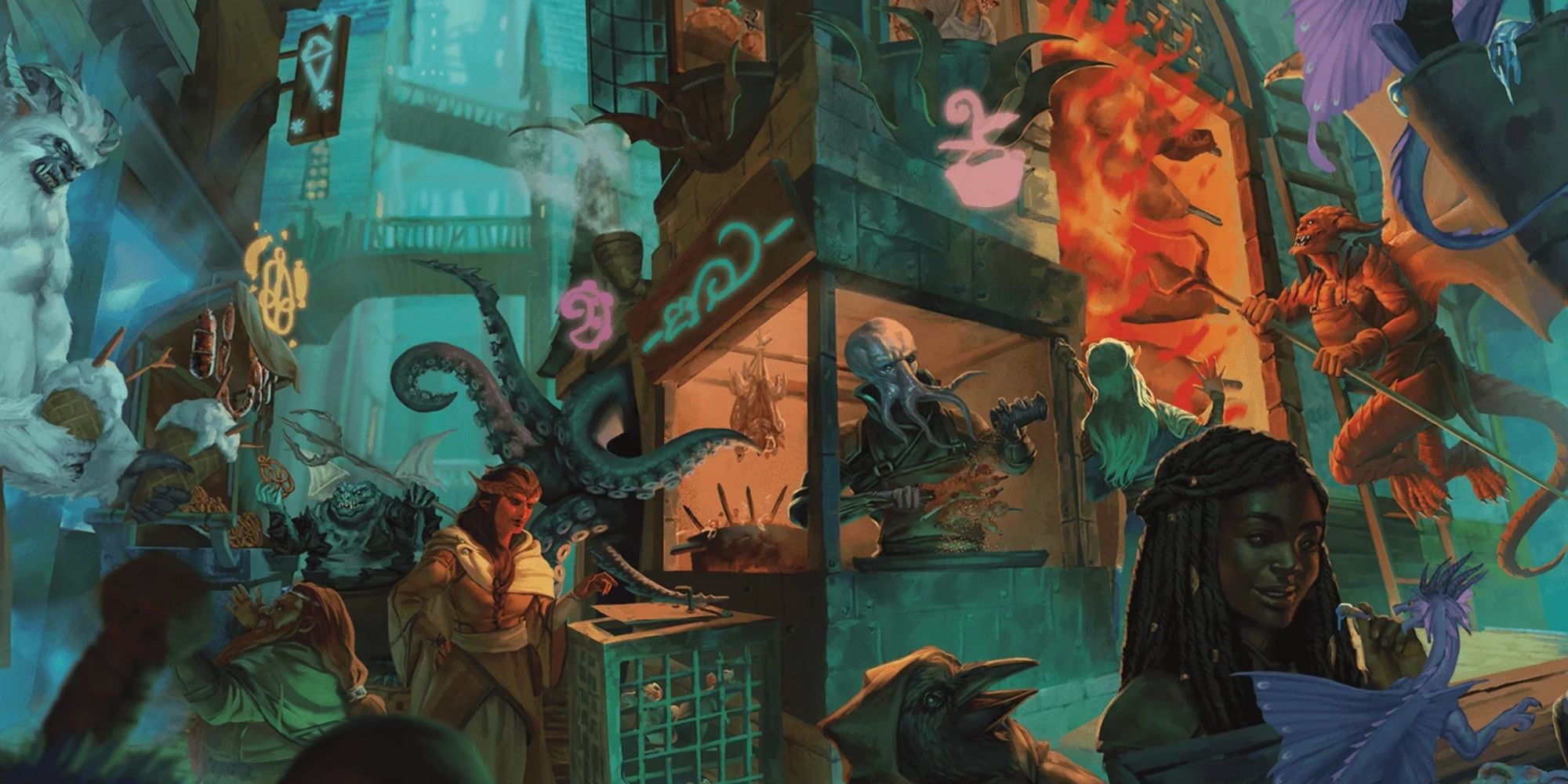
Epic D&D Campaign Ideas for Dungeon Masters
Dungeons & Dragons has unlimited creativity, and here are some great ideas for some truly epic campaigns led by Dungeon Masters.
Prep time is different for everyone out there, and some brave DMs host entire games with nothing but a few scribbles behind the screen. Still, there are many little tips and tricks to prepping, regardless of whether the game is completely homebrew or run from a manual. At the end of the day, it’s all about having a great time at the table, for both the players and the Dungeon Master.
8 Start Small And Expand From There
"One Does Not Simply Walk Into Mordor!"
Memorizing the entire Adventure is just as daunting as writing out every detail of a homebrew world, and both are equally needless. Any adventure starts from somewhere, both from a narrative and a geographical point of view. DMs certainly can begin with writing out an entire world, but they truly do not need to.
It is perfectly fine to familiarize oneself with just a small town first, or even a small area within it. Players are unlikely to simply run in a random direction, and look for fun things over there. They might, but at that point, no amount of prep work can save anyone.
7 Build Encounters Using The Landscape
Every Environment Holds Its Secrets
When building any encounter, consider the surrounding landscape. Both NPCs and Players will have very different problems, depending on their surroundings, and even the weather. There might be a heavy storm in a peaceful village or freezing hail. Both are opportunities for different quests and different monsters.

D&D: 10 Best Swords, Ranked
Swords are a staple weapon in Dungeons and Dragons, and these particular swords stand out as the best the tabletop game has to offer.
Monsters will usually inhabit their preferred area, such as giant scorpions in the desert and so forth. On top of that, the landscape can even detect the pacing of the game. Players might be stuck in a port town, and as they have to wait for the ice to melt before setting sail, they encounter strange markings on the walls of a local tavern.
6 Keep It Manageable
To Prevent Burnout
It can be tempting to spend as much time as humanly possible on game preparation, but DMs are encouraged to pace themselves a little. Every person is unique, and some are more comfortable with longer prep time, but mental health should always be a priority.
“Manageable” means something different for everyone. Some might be better off with an entire binder worth of NPCs and encounters, while others prefer having everything they need within reach. In any case, prep time can be a lot of fun, as long as the DMs do not overexert themselves.
5 Consider The Story Beats
Try And Control The Pace
Every game should feel like its own little episode in a show, with at least something new and exciting happening every game. It doesn’t have to be any earth-shattering calamities, but even shopping episodes can have unexpected roadblocks and encounters.

Dungeons & Dragons: Best Bows, Ranked
While it lacks in variety compared to melee weapons, they are some incredibly powerful bows in D&D. Here are the best of the bunch.
Pacing can take quite a while to master, and there will inevitably be times when things are a bit “slow”, and that’s perfectly fine. But preparing particular story beats can help out during the actual game, by helping the DM move things along towards a particular goal.
4 Be Prepared To Let Some Things Go
To Potentially Bring It Back Later
Players are notoriously unpredictable, and will always find a way to surprise their DM. No matter how clear-cut a situation might be, they might decide to go in a completely different direction than expected, and that’s par for the course.
Players will inevitably miss important clues, locations, and NPCs. However, that doesn’t mean that those things are lost. On the contrary, that gives DMs the opportunity to use them somewhere else, or even transform them due to players’ choices. An ignored NPC might turn bitter, and hold a grudge. A strange dungeon can appear somewhere else down the road, holding all the puzzles and assets that the DM prepared a while ago.
3 Prepare Twists And Secrets In Advance
"Luke, I Am Your Father!"
Everyone loves a good plot twist, and they can take quite a bit of time to set up. It helps plan such things out in advance, as it leaves a lot of room for clues and red herrings.

Dungeons And Dragons: 7 Best Card Effects From The Deck Of Many Things, Ranked
The Deck of Many Things in Dungeons & Dragons incorporates several cards that can have a drastic impact on a game.
While such scheming may require quite a bit of patience, it can really pay off down the line. Certain plot points might take years to unveil themselves, but that only strengthens the effect. Mysteries can take some practice to write well, and there are fantastic books to help with that, but nothing is stopping DMs from planning them well ahead.
2 Flesh Out The NPCs
They Breathe Life Into The World
NPCs are absolutely crucial, and as such deserve a lot of love and attention from DMs. A good NPC can easily carry a campaign, whether it be a friend or foe. Players will fondly remember their beloved characters, and grow actual hate for well-written villains.
There are many things to consider when writing NPCs. Their backgrounds, personalities, fears and hopes. Everything about them can tell a story, from a strange hat to a glowing sword. If reading from an Adventure, try to capture what exactly makes that NPC unique, and maybe even practice their voice or mannerisms for a bit.
1 Focus On The Players
They Are Both The Audience And The Narrator
Players are not there to simply “experience” the great story that a DM has written, they are also there to write it. If all player agency is taken away, that might lead to confusion and dissatisfaction with the game. Keeping in mind one’s players is always good practice when preparing for a session.
Character backgrounds and classes matter as much as the players’ preferences. A particular group might be really into puzzles, while another prefers combat every time. Tailoring the experience to fit the group can really pay off, and make for a better time for everyone involved.
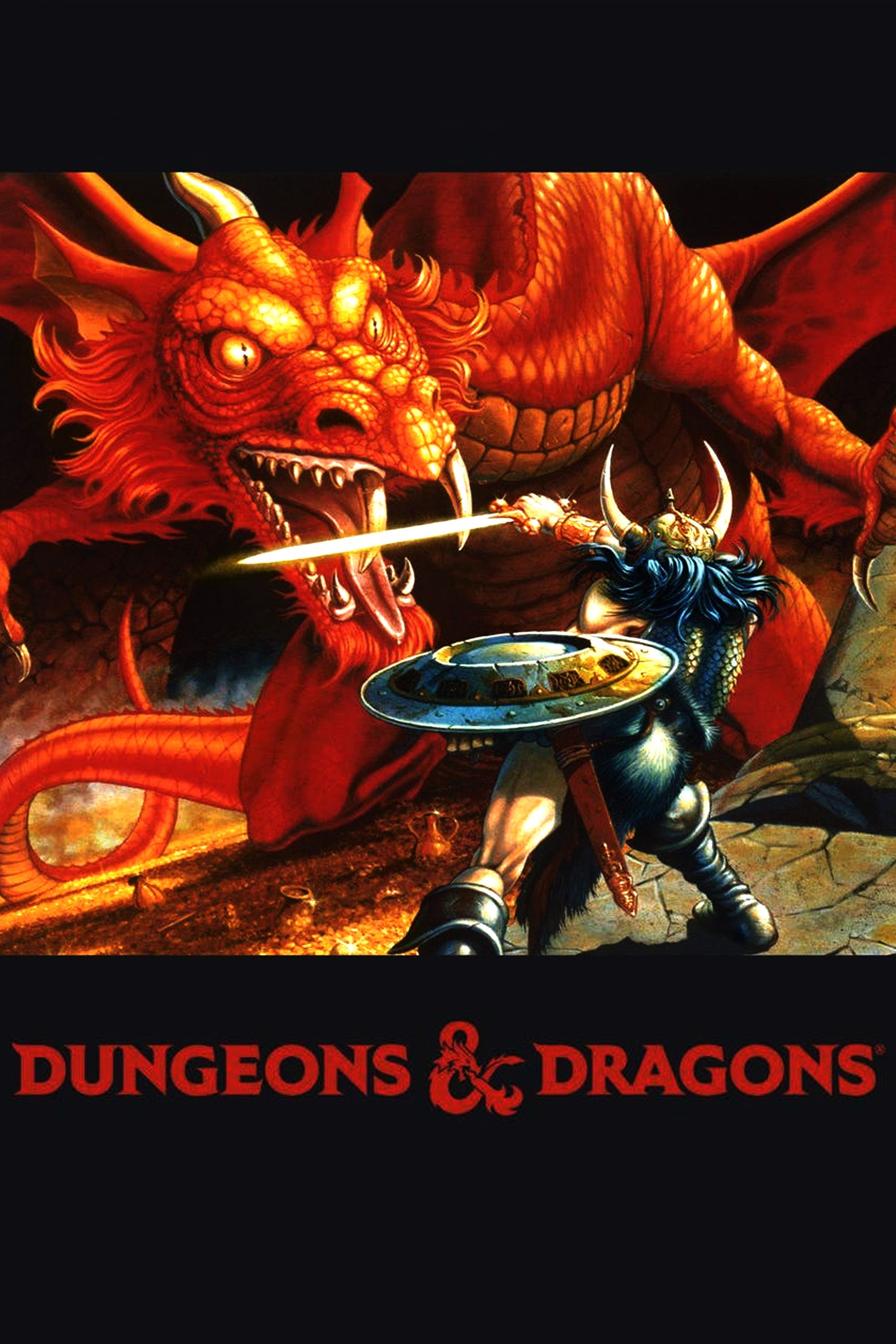
- Original Release Date
- 1974-00-00
- Designer
- E. Gary Gygax , Dave Arneson
- Publisher
- Wizards of the Coast

